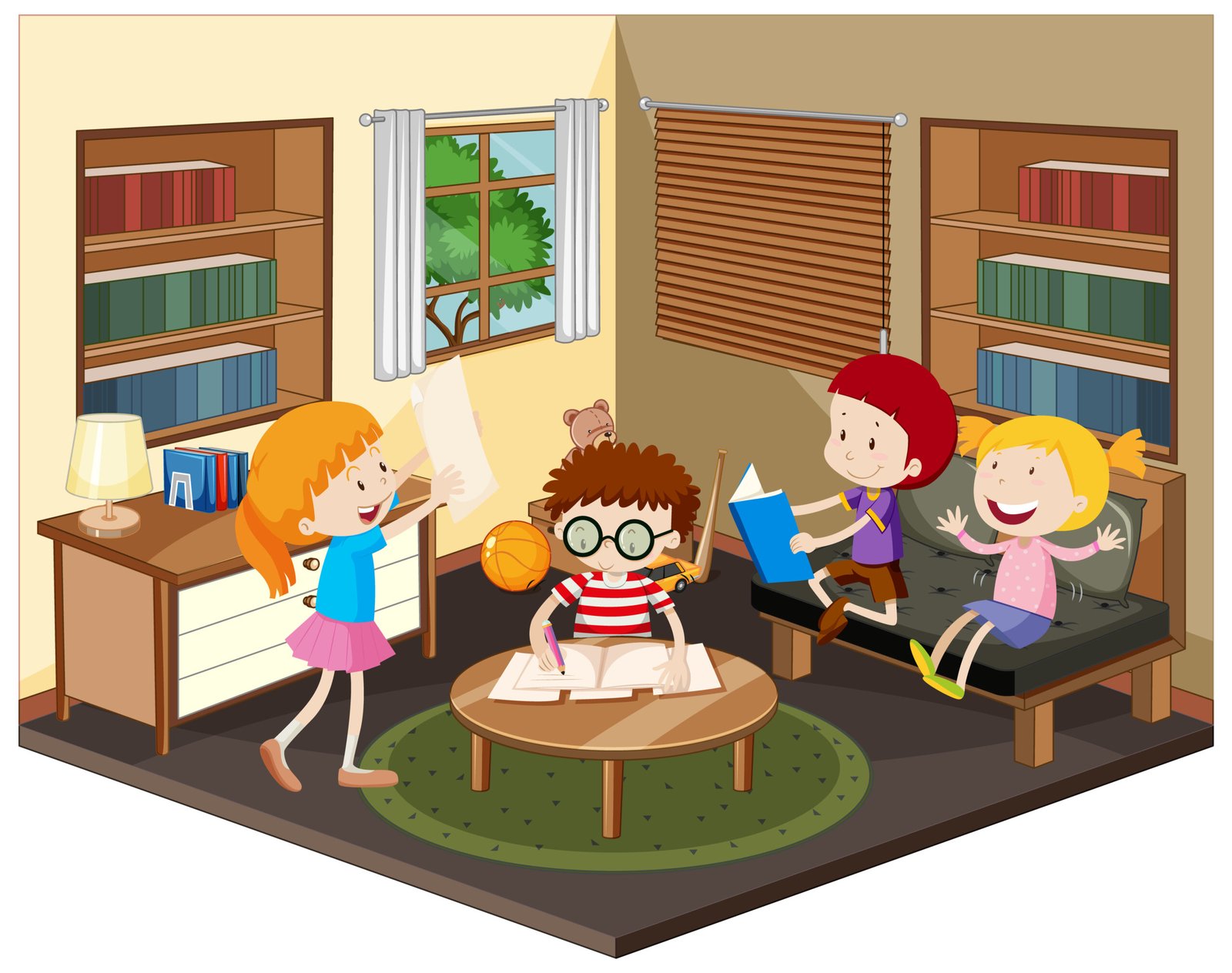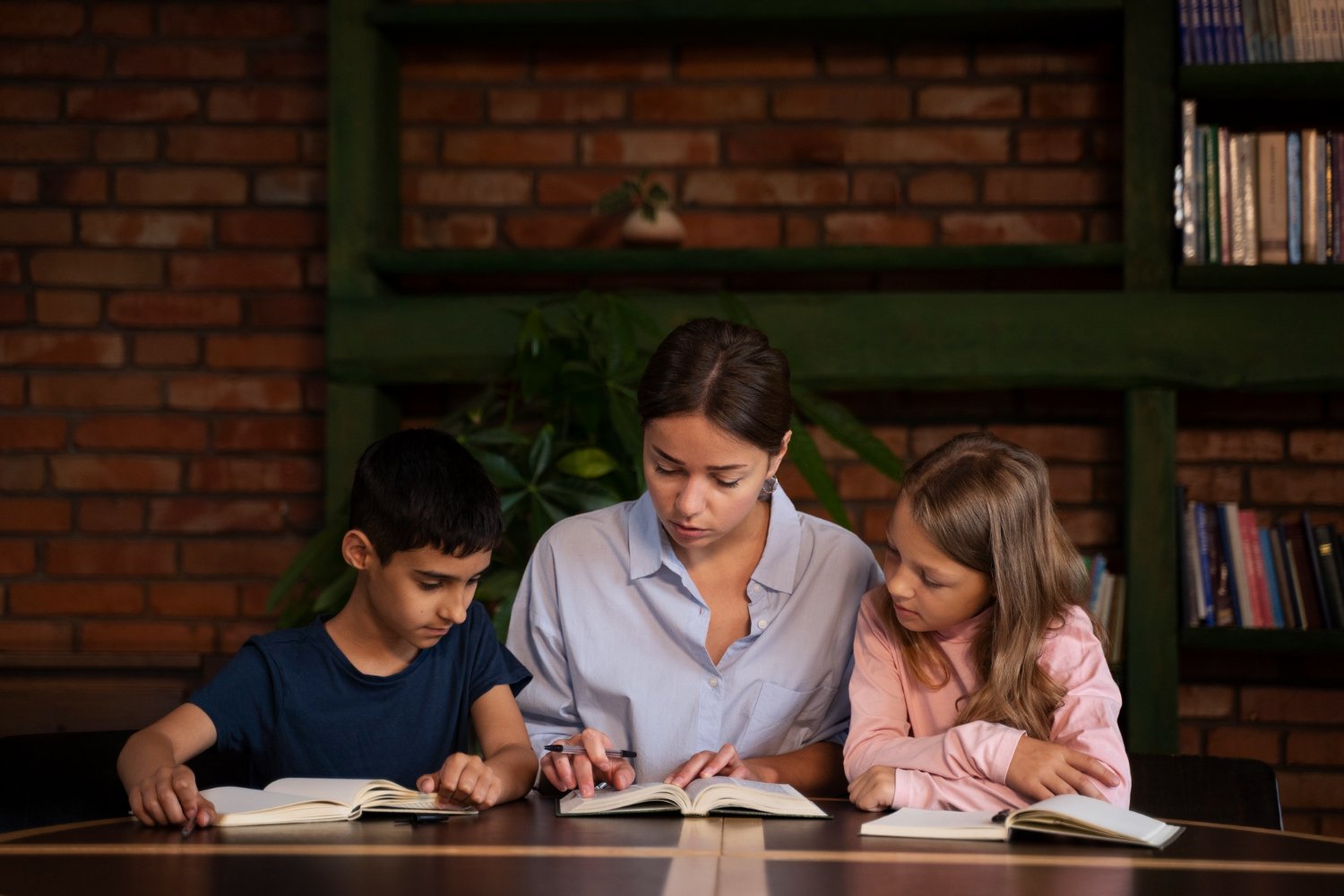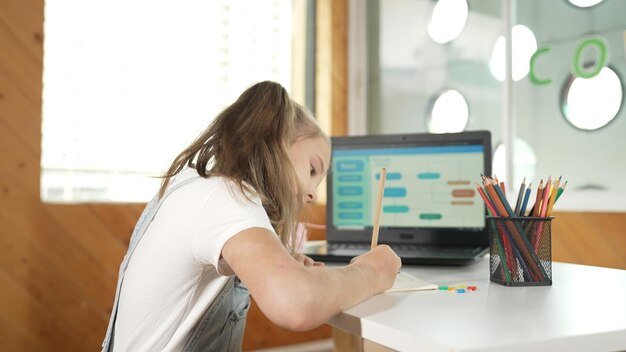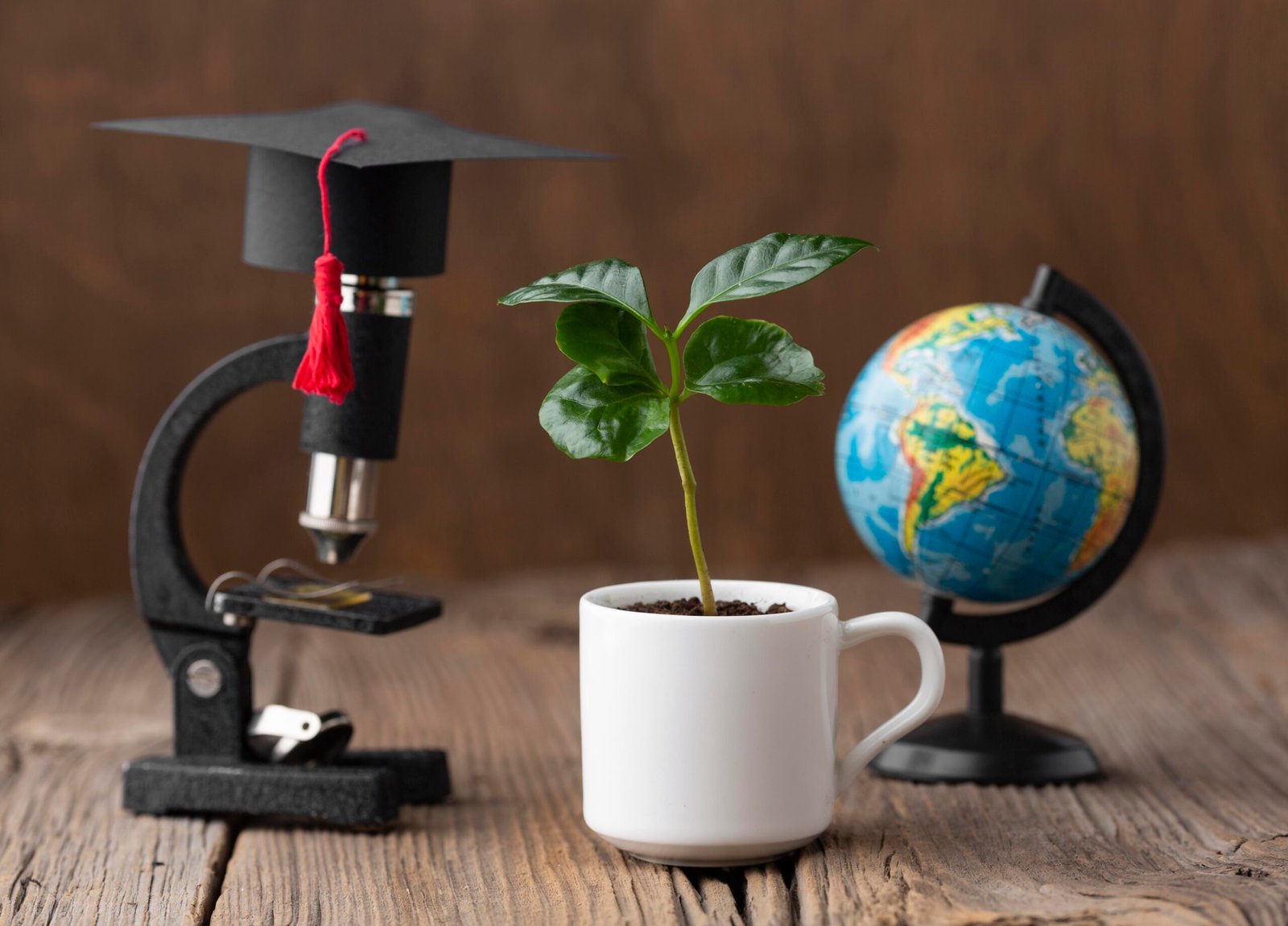Why Montessori Education Will Be Essential in 2025: You Won’t Believe What It Offers!
Montessori education is not a recent phenomenon but has been gaining momentum of late because of its unconventional approach. For over a century, it has played a role in enhancing the classroom experience. In this system, children have an edge to explore their passions, learn at their own pace, and gain hands-on experience in the fields that arouse interest.
This model of education was first introduced by Maria Montessori. She started her first school, the Casa de Bambini, in 1907. Montessori education focuses on personalized learning and active learning. Dr. Nancy McCormick Rambusch was pivotal in reviving this model in 1958, which was on the verge of fading out during the last stages of Ms. Montessori. Today, 4500 Montessori schools are operating across the U.S., which demonstrates the long-lasting impact and nourishing aspect.
Other Countries Using Montessori Education
The 2022 Global Montessori Census from the Journal of Montessori Research revealed that there are around 15,763 Montessori schools across the globe, with 9% of them receiving complete financial support. The United States, China, Thailand, Germany, Canada, and Tanzania host the highest number of Montessories. In particular, the U.S., Thailand, the Netherlands, and India lead in the number of government-funded or public Montessori programs. This highlights the global acceptance of Montessori education.
| Aspect | Montessori Education | Traditional Education |
|---|---|---|
| Methods of teaching | Child-oriented, self-paced, hands-on learning | Teacher-directed, organized curriculum |
| Classroom environment | Mixed-age classroom, inclusive, cooperative | Same-age classroom, competitive |
| Learning materials | Unique Montessori material, sensory-based | Standard textbooks, workbooks, and digital tools |
| Pace | Individualized, facilitating students to learn at their own speed | Uniform pace for all students |
| Evaluation | Observational and formative | Formal and summative, like puzzles, quizzes, and tests. |
While Montessori education focuses on self-paced, practical learning and teamwork, on the other hand, traditional education is more of a structured curriculum with directions from teachers. Both offer benefits in different ways.
Benefits of Montessori Education and What Foundation School Has to Offer
Listed below are some advantages of Montessori education that boost independence, curiosity, and holistic child development.
- Hands-on learning: Montessori schools equip students through practical and experimental learning. Specialized materials and tools are designed to boost curiosity and understanding of various concepts.
- Social interaction: The classroom environment of Montessori schools allows mixed age groups with a gap of not more than three years. This allows the senior students to look after juniors, guiding them on necessary decisions. This way, they build social relationships and social interaction skills.
- Cultivates independence: Since students are allowed to learn at their own pace and explore their interests, they develop important life skills like self-responsibility and self-sufficiency. Students are encouraged to pick activities that interest them, fostering independence.
- Instilling a love for learning: While exploring multiple options, students develop a fondness for learning and understanding new concepts and things. This sparks curiosity and interest among them.
- Inclusivity for Special Needs: Montessori education is very flexible and adaptable, catering to diverse learning requirements. This approach helps students realize their full potential and build a strong foundation.
Core Montessori Principles:The principles and philosophies that set Montessori schools apart are:
- Child-directed learning: In Montessori education, children choose their field of industry and learn at their convenience. This reduces stress and fosters confidence and independence among students.
- Absorbent mind: Montessori education provides a conducive learning environment that facilitates seamless learning and understanding. It allows children to efficiently absorb information.
- Sensitive learning periods: The Montessori education system is aware of the child’s potential to learn certain skills at a certain time. These are taught at those times to enhance their receptiveness and learning abilities.
- Conditioned environment: Montessori schools are renowned for providing welcoming and inclusive classrooms and collaboration. It is designed in a way that encourages an individual’s interests and personality development.
- Fostering independence: Students develop a sense of personal responsibility and self-reliance at a very early age. They cultivate these skills by opting for their interests and activities on their own.
Conclusion : Montessori schools are set to become more relevant and popular by 2025. With the increasing demand for these schools, it looks certain that various elements of this method will be adopted in the coming years. Experience for yourself at The Foundation School how we impart essential skills like self-reliance, curiosity, and self-responsibility in students that will help them build a successful career and future.
Frequently Asked Questions (FAQs)
How do Montessori classrooms handle discipline and behavior issues?
Montessori schools produce a supportive learning environment. Teachers guide students and correct them for their wrong behavior through positive reinforcement and clear communication.
What qualifications do Montessori teachers need?
Upon completing exclusive training that educates about Montessori principles and philosophies, teachers can obtain a specialized Montessori certification. Either this certification or a degree in related fields will suffice to become a Montessori teacher.
Can Montessori education be integrated with other educational methods?
Absolutely yes. Some elements, like individualized and hands-on learning, can be incorporated into other conventional educational methods to enhance the overall learning experience.
How is student progress assessed in Montessori education?
Students in Montessori are evaluated based on observational assessments rather than the traditional grading system. Teachers observe and record each child’s development and achievements, providing individualized feedback and support.






